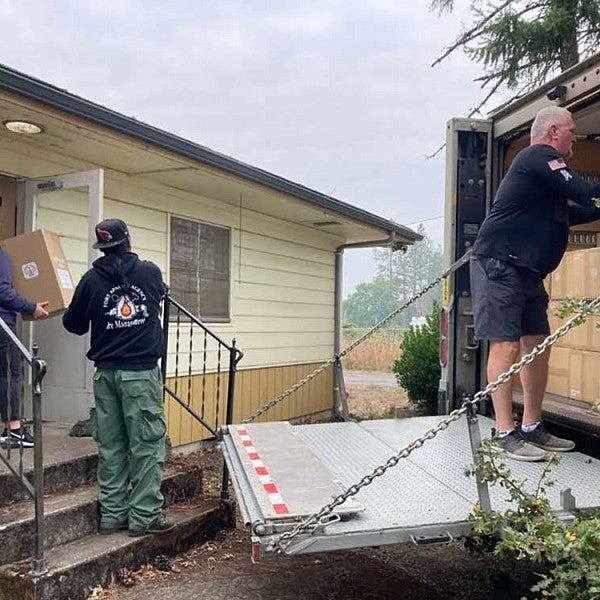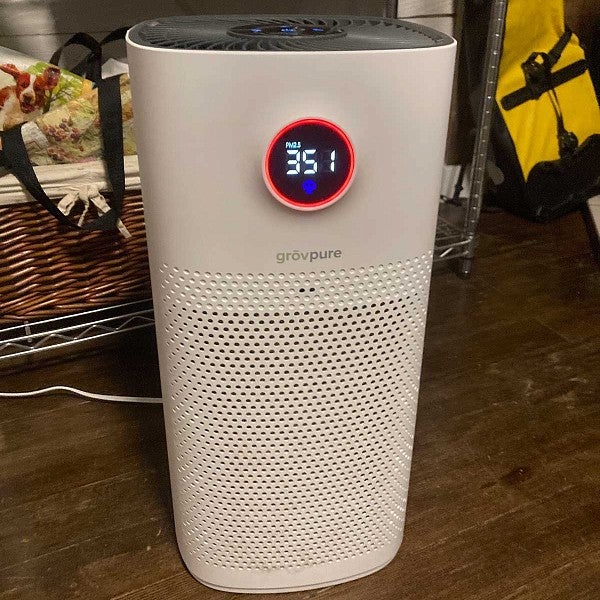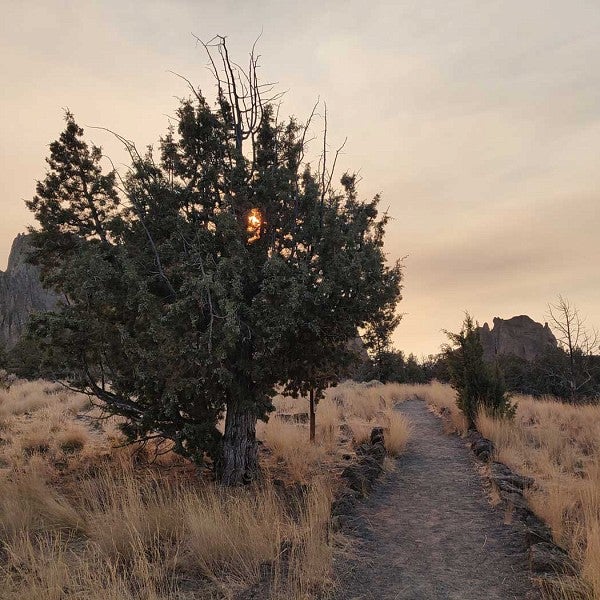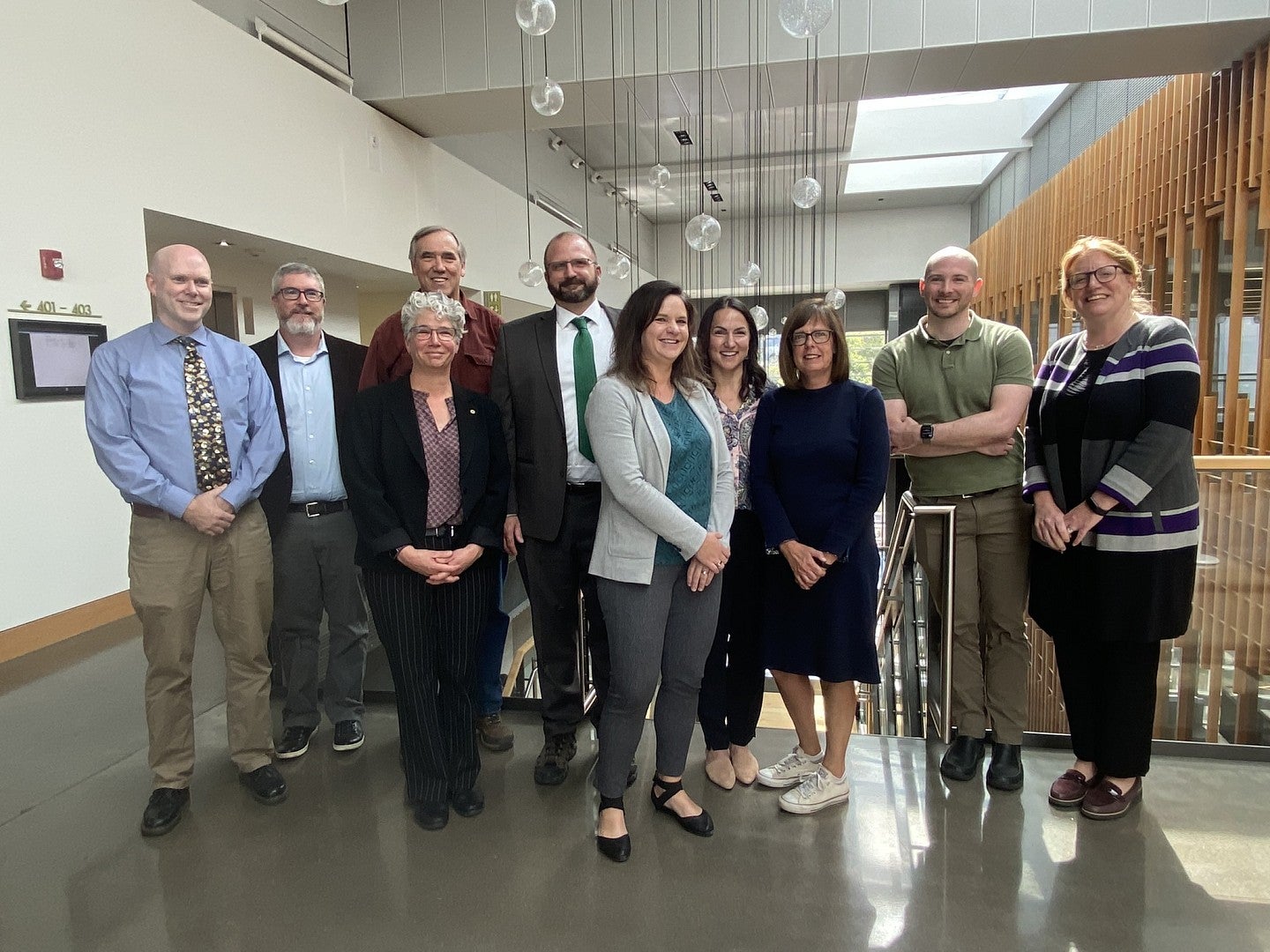Center for Wildfire Smoke Research and Practice
The Center for Wildfire Smoke Research and Practice (Smoke Center) will be a hub for conducting research and sharing information between practitioners, researchers, and communities across Oregon.
Current Areas of Focus

Community and Household Preparation
Goals
Identify how the public experiences wildfire smoke, gathers information, and what actions they take.
Understand the scope and scale of community-level planning and preparation.
Outcomes
Support community leaders' ongoing efforts and approaches to better target communications, outreach, and engagement.
Improve existing guidance by identifying resource and information gaps, and assessing the efficacy of smoke response plans.

Communicating Public Health Smoke Risks
Goals
Assess smoke messaging consistency.
Learn how communication networks and public education are used to include and support vulnerable populations.
Outcome
Provide community leaders and community-based organizations with best practices to support and create smoke ready communities that are inclusive of sensitive populations.

Planning and Response Smoke Events
Goals
Evaluate the effectiveness of planning, preparation, and response during smoke events.
Identify lessons learned and what additional preparation, capacities, and organizational networks are needed.
Outcome
Support emergency managers and their partners' decision making to better prepare their communities for future smoke events.

Funding Acknowledgement
Oregon's U.S. Senators Jeff Merkley and Ron Wyden secured the funding for the Smoke Center as a community-initiative project to help ensure Oregon communities are better prepared for wildfire smoke events. The Environmental Protection Agency funding is part of the Interior, Environment, and Related Agencies Appropriation portion of the FY 2022 Consolidated Appropriations Act.
The funding is for three years, from 2023-2026 (EPA-ORD-OSAPE-2022-01).
News Feed
Read the latest news from the Smoke Center.
Meet The Team
Heidi Huber-Stearns
Associate Research Professor
Director, EWP
she/her/hers
Michael Coughlan
Assistant Research Professor
Associate Director, EWP
he/him/his
Jess Downey
Smoke Center Manager
Faculty Researcher, EWP
they/she
Hollie Smith
Associate Professor, School of Journalism and Communication
Associate Director, Center for Science Communication Research
she/her/hers
Visit Us
130 Hendricks Hall
Eugene OR 97403
